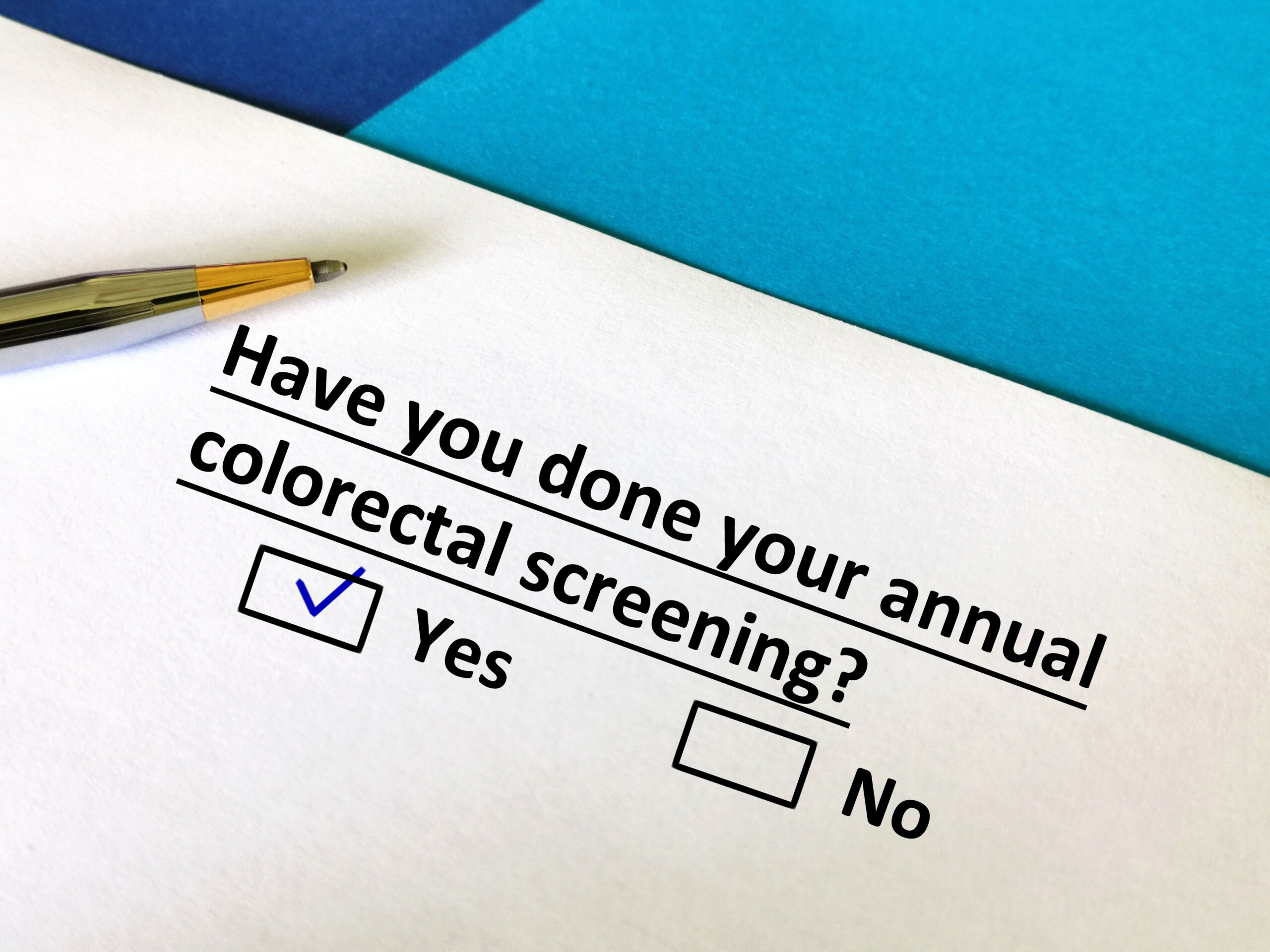Colon cancer affects more than 130,000 Americans each year and is the 3rd most common cancer in men and women, according to the Centers for Disease Control and Prevention. If detected early, it is also one of the most treatable cancers.
Symptoms of colon cancer include abdominal pain that does not go away, blood in the stool, a change in bowel habits and unexplained weight loss.
The most effective way to prevent and avoid colon cancer is by having regular screening tests, called colonoscopies, beginning at age 50. A colonoscopy is a procedure to look at the entire colon, which is 3 to 5 feet long. Gastroenterologists use a thin, flexible tube with a video camera attached to check the entire colon and lower part of the small intestine for abnormalities.
During the colonoscopy, abnormal growths can be taken out and analyzed for cancer or pre-cancer. Most colon cancers develop from noncancerous growths called adenomatous polyps. Removing the polyps eliminates the chance for progression to cancer.
The risk of getting colon cancer increases with age. More than 90% of cases occur in people who are 50 years old or older. Risk factors include genetics, colon cancer affecting an immediate family member, a low fiber and high fat diet, lack of exercise, and tobacco use.
Screening also helps find colon cancer at an early stage. Treatment is most effective with early detection, with a cure rate of 100% in most cases.
Colonoscopies can also detect other colon conditions, such as colitis, ulcers, Crohn’s disease, and inflammation.
If you are 50 years of age of older or experiencing symptoms of colon cancer, contact your primary care physician for a colonoscopy referral with Dr. Chen at the Snoqualmie Valley Hospital Clinic.
Dr. Yen Chen specializes in Gastroenterology and has more than 15 years of experience in the field. He is board certified in Internal Medicine and Gastroenterology. His approach is to address his patients’ health concerns and develop a course of action that is mutually agreeable for the best outcomes.
To learn more about Dr. Chen, click here.

